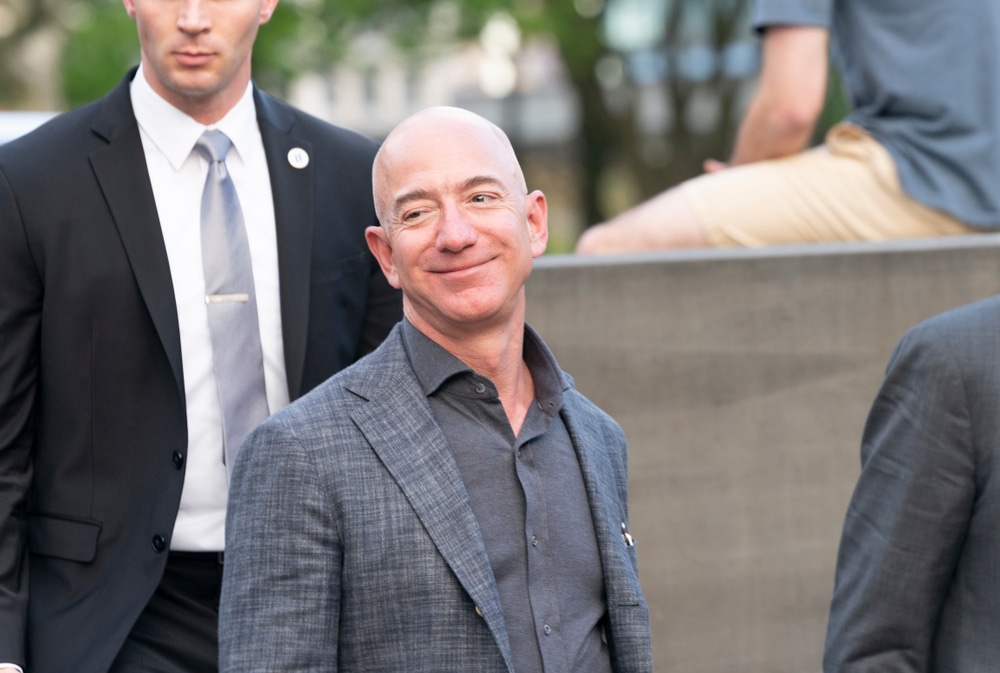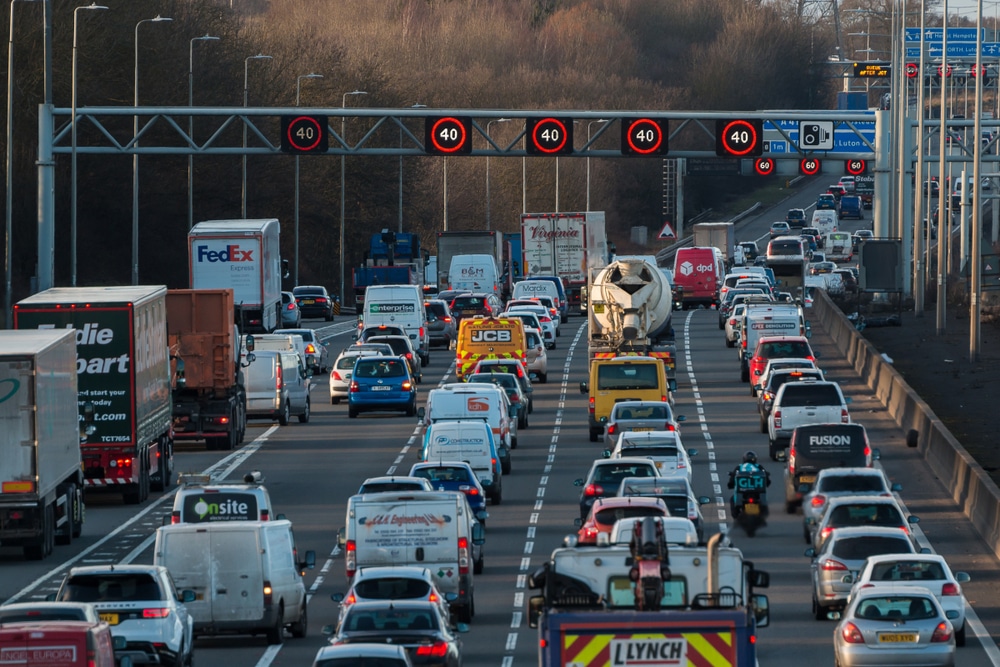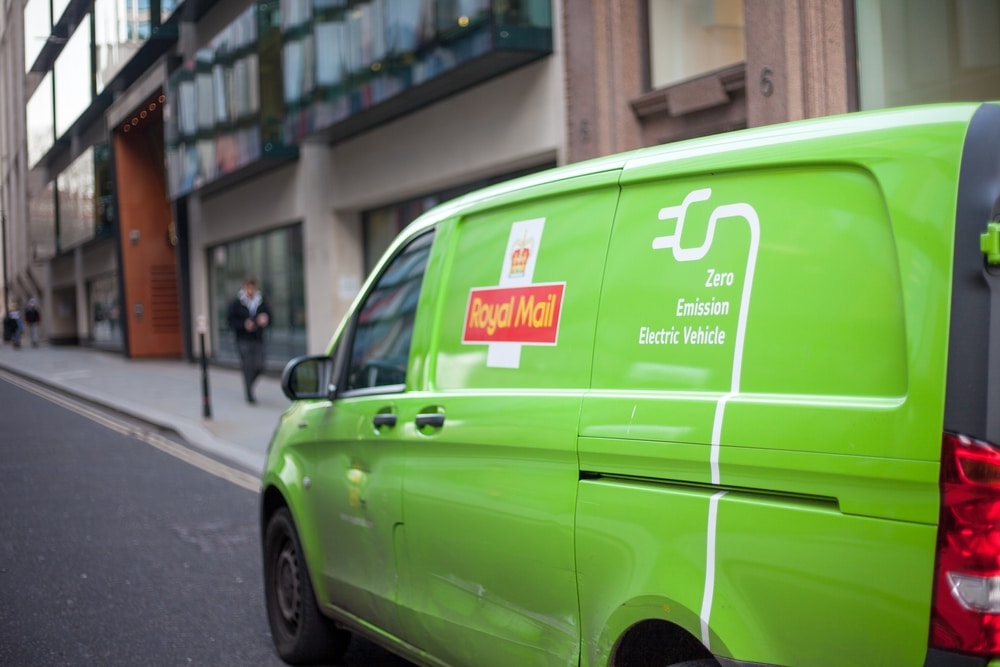Insight / Blog
Jeff Bezos commits $10bn to tackle climate change

It’s going to take a lot of investment from somewhere (or rather, lots of somewheres) to try to halt climate change and mitigate for the myriad changes it will bring. Amazon has been under fire for the last few years for its position as a dominant market force and massive international business, but has recently been trying to highlight its climate policies such as carbon neutrality by 2040 in order to appease investors, employees and customers alike.
Activist group Amazon Employees for Climate Justice point out that there is a degree of giving back with one hand what the other has taken to Bezos’ approach. Amazon emitted more carbon than Switzerland in 2018, and as Asad Hamir notes in a critical article in the Metro, Switzerland has an economy ten times as large as Amazon’s revenues. Of course, that’s a questionable comparison, but it raises a different and useful point. Amazon and its leadership will be seen by many as responsible, in the same way that governments are, to take action on climate change.
Whether or not that will significantly impact Amazon’s customer acquisition and loyalty is a rather different question, however. Amazon’s Prime offering is one of the ‘stickiest’ around, bundling free one or two-day delivery with its streaming video and music services. Thus far, despite increasing media scrutiny on its warehouse practices and emissions footprint, Prime subscription growth has not abated, reaching 105 million in the US alone in June of 2019.
In its delivery and returns propositions, Amazon has certainly made sustainability part of its focus. It claims that one-day deliveries are more environmentally friendly, as they set out from fulfilment centres closer to customers. In perhaps a less contentious example, January saw the introduction of recyclable mailbags to Amazon deliveries, addressing packaging waste which has always been a source of criticism for the company.
It has also begun to push its Amazon Hub pickup and dropoff (PUDO) network, which allows multiple deliveries to be consolidated to a single location, reducing miles driven and cutting emissions associated with last-mile delivery.
However, it’s not all eco-friendly in fulfilment terms. The construction of Amazon’s Cincinnati air hub continues, as its Prime Air fleet continues to expand. First launched in 2015, it now numbers 50 aircraft with 20 more on order. Amazon has a long-term goal of reaching carbon neutrality in 2040, but it’s hard to see this being squared with its investment in air cargo without a resort to offsetting, which itself faces significant criticisms from environmental researchers.
All that aside, $10 billion could do a lot of good in the fight to mitigate and decelerate climate change, and for that we should be glad, because it’s approximately 10 billion ways better than nothing. Let’s hope that this is part of Bezos’ plan for Amazon to become a force for good in terms of climate change.
That’s a positive shift for the biggest Western retailer in the world to be making, and it has now been followed up by CEO Jeff Bezos committing to putting $10 billion of his own cash into the imaginatively named “Bezos Earth Fund”. The money will be directed towards projects, research and implementations of climate change prevention and mitigation.
The move, announced via his personal Instagram, has drawn significant media attention. Perhaps unsurprisingly, it’s also been subject to fierce criticism from activist groups both inside and outside of Amazon.
Topics:
Related articles
Convenient and sustainable: developing an out-of-home delivery strategy
Sustainability has become a key decision factor for retailers - here's how carriers can stay ahead with an out-of-home delivery strategy that’s both sustainable and convenient for consumers
Regulation is coming for European ecommerce logistics
European postal operators and carriers need a plan to deal with increasing last-mile regulation.
Royal Mail: ‘Environment is the next battleground’ – why carriers need to act on sustainability
Environmental progress isn’t a far-away ambition or personal target – it’s becoming a crucial requirement for securing clients.













